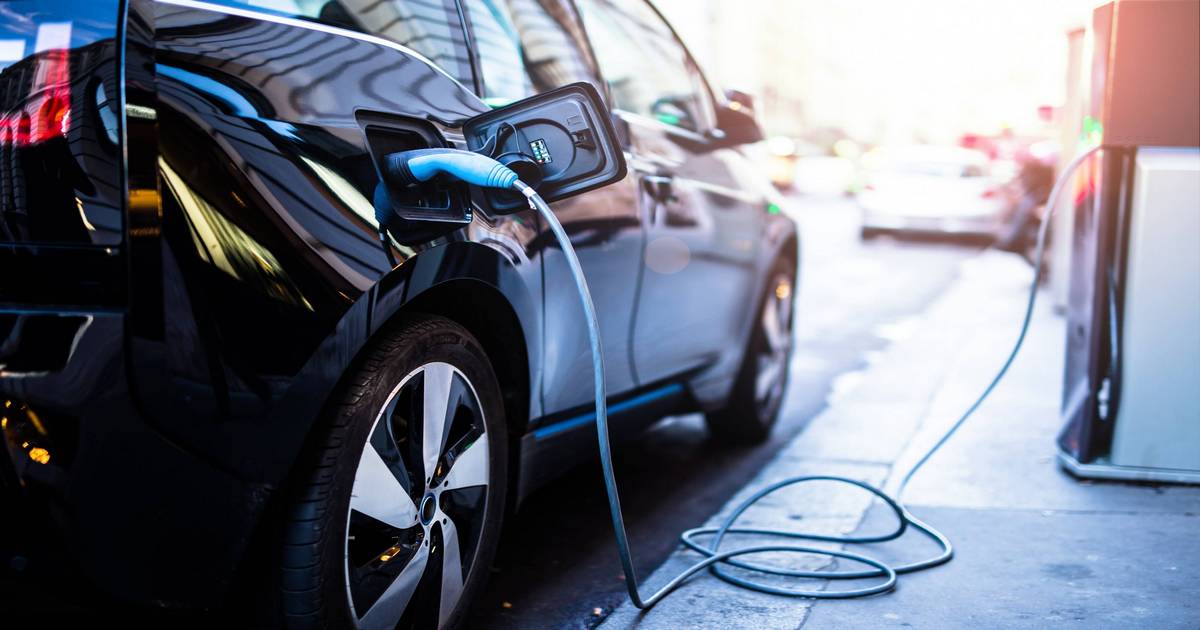The Green lobby will never acknowledge the side effects of EV’s
Electric cars have gained popularity in recent years due to their potential to reduce carbon emissions and combat climate change (questionable). However, the production of electric cars also has negative impacts on the environment potently even greater than the CO2 it is meant to reduce.

One concern is the sourcing of materials for electric car batteries. Many electric car batteries contain lithium, a metal that is primarily extracted from mines in South America, particularly in Chile and Argentina. The extraction of lithium can have negative impacts on the local environment, including water pollution and depletion, land degradation, and air pollution. The transportation of these materials also has a carbon footprint, as they must be shipped to where the batteries are produced.
Another environmental concern is the disposal of electric car batteries. While electric car batteries can last for several years, they will eventually need to be replaced. Proper disposal of these batteries is important, as they contain hazardous materials such as lead and cadmium, which can leak into the environment if not handled properly. There is also the issue of limited capacity for recycling electric car batteries, as the process is expensive and requires specialized facilities.

The production of electric cars also requires energy, and the source of this energy can have an impact on the environment. While electric cars do not emit carbon dioxide during operation, the electricity used to power them can be generated from fossil fuels, which do contribute to carbon emissions. In order to mitigate this, it is important for the electricity used to charge electric cars to come from renewable sources such as solar or wind power however the sources are highly un-reliable and do not meet the needs of the population now never mind in the future. When the sun doesn’t shine and the doesn’t blow, they produce no energy

Additionally, the manufacturing process for electric cars has its own environmental impacts. The production of any vehicle, including electric cars, involves the use of resources and the generation of waste. For example, the production of electric car batteries requires the use of chemicals and the creation of chemical waste. The manufacturing process for electric cars also involves the use of water, and the disposal of this water can have negative impacts if not properly treated.
Overall, while electric cars have the potential to reduce carbon emissions and combat climate change (questionable), it is important to consider the environmental impacts of their production and disposal. Ensuring the sourcing of materials is done sustainably and the electricity used to charge them comes from renewable sources can help minimize the environmental impact of electric car production. Proper disposal of electric car batteries and minimizing waste during the manufacturing process can also help reduce the environmental impact of these vehicles.
Views: 23




































nice layout
🙂